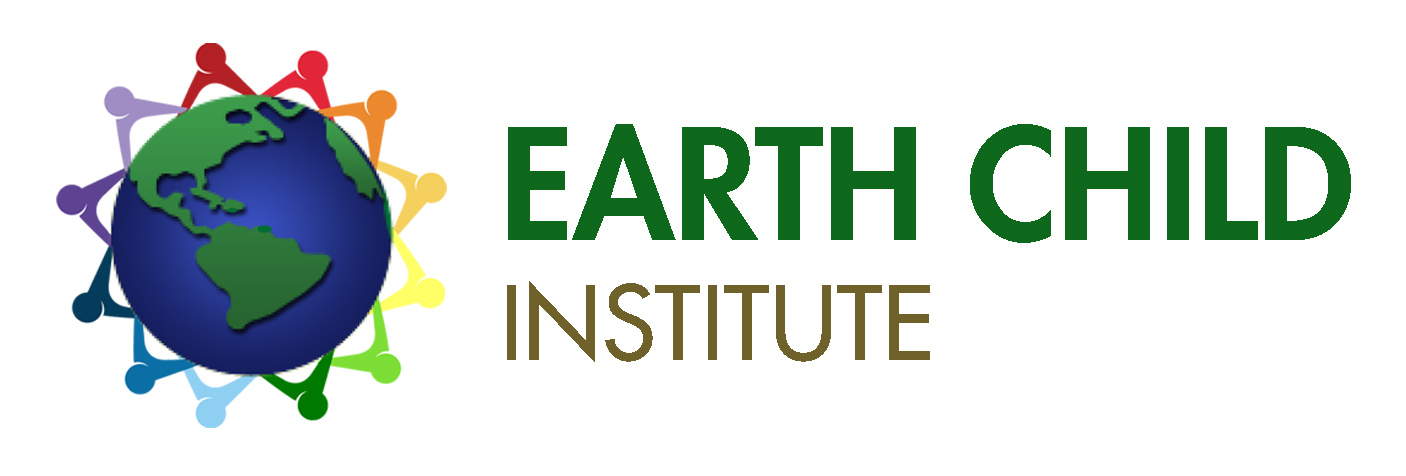What We Do>ESD
Education for Sustainable Development (ESD) encompasses d literary analysis thesis eveloping country, locally determined-context and tailored learning interventions that transfer knowledge and life skills and empower children and youth to live, and develop as healthy, productive, socially and environmentally responsible citizens.
The goal and purpose of ESD is to foster a green growth driven society and economy. First envisioned under Agenda 21, ESD covers a broad array of subject areas, ranging from climate change and biodiversity conservation to poverty reduction, health and nutrition, and aims to incorporate both formal and non-formal pedagogic elements.
ESD is focused on place and language-specific instruction, service learning, interdisciplinary standards and systems thinking, all of which have a demonstrated improvement in areas including critical thinking, partnership and coalition building, participatory decision-making, reflection and pro-environmental action.
This includes development of formal and informal tools and curriculum resources, in collaboration with stakeholders and partners, which are participatory, activity-based and stimulate action in their local surroundings and society. This strategy includes life-skills based environmental education for sustainable development (GAC and development of lessons with UNICEF, games, etc).
ECI’s Efforts
We design life-skills based, contextualized environmental education programs through individualized learning modules on highly relevant themes such as energy, soils and water which focus on highlighting the interdependent relationships of the natural environment and human use and consumption. Our efforts are focused in the developing world, where healthy environments and prosperous economic potential are inextricably linked to the health, education and development of children, who comprise close to fifty per cent of the population in many countries. We ensure a close link is forged between tree planting, school gardening, rural energy and water, sanitation and hygiene projects and education through well-rounded curricular content that we customize for each school, while ensuring ease of implementation in low-resource settings.
ECI provides technical expertise and partners with:
UN agencies:
Governments:
- Ministry of Environment and Nature Protection Cameroon
The private sector:
- United Nations Federal Credit Union
Schools and universities:
- New York University Steinhardt School, Environmental Conservation program
- University of Connecticut, Ethiopian Integrated Water Resources (EIWR) project
